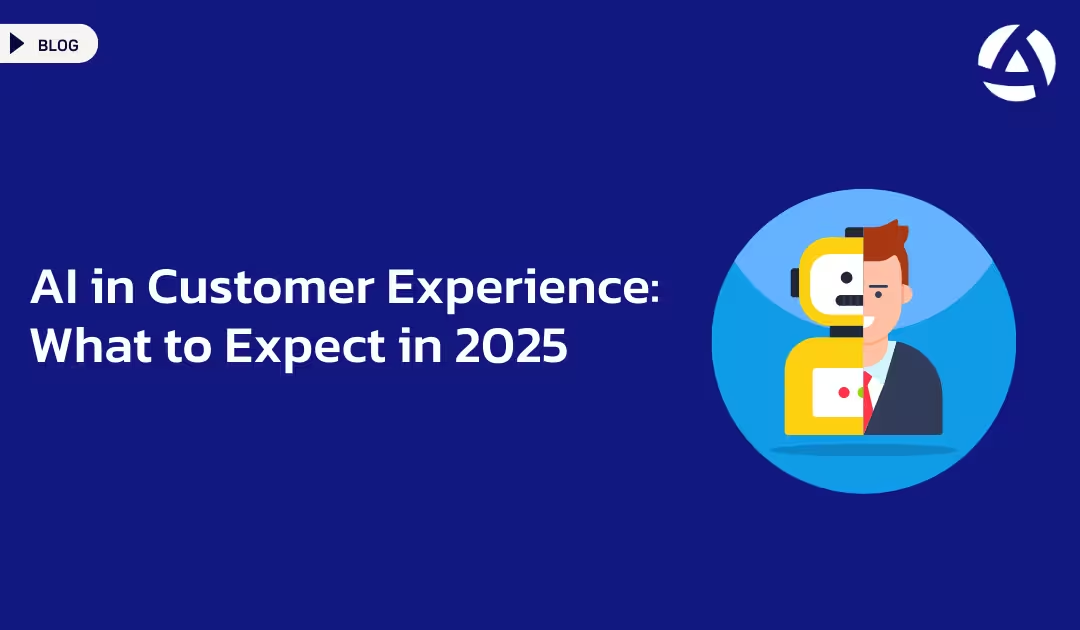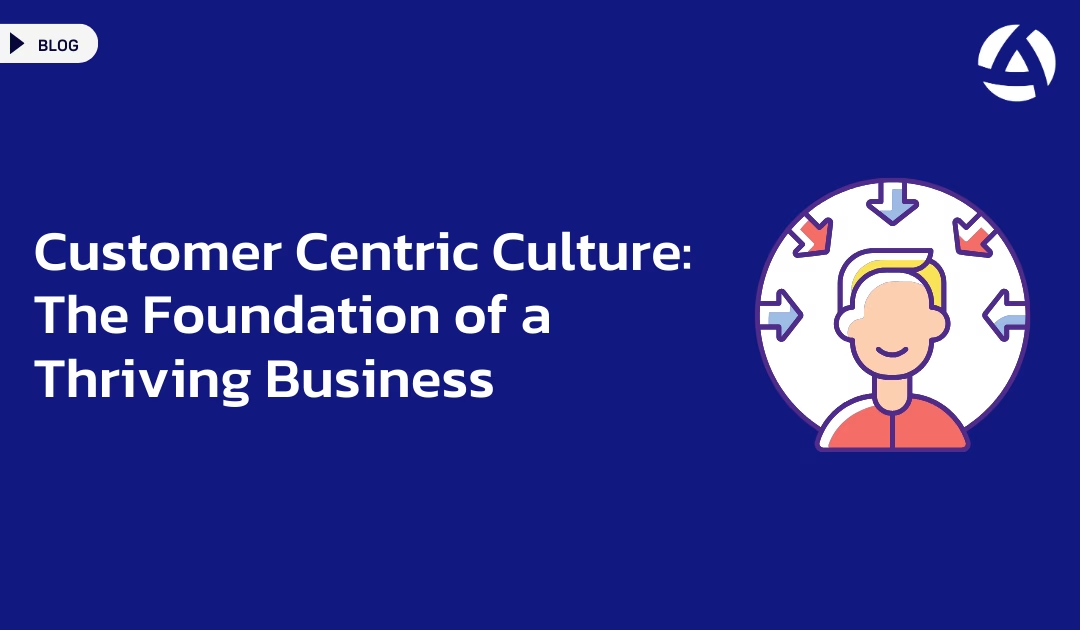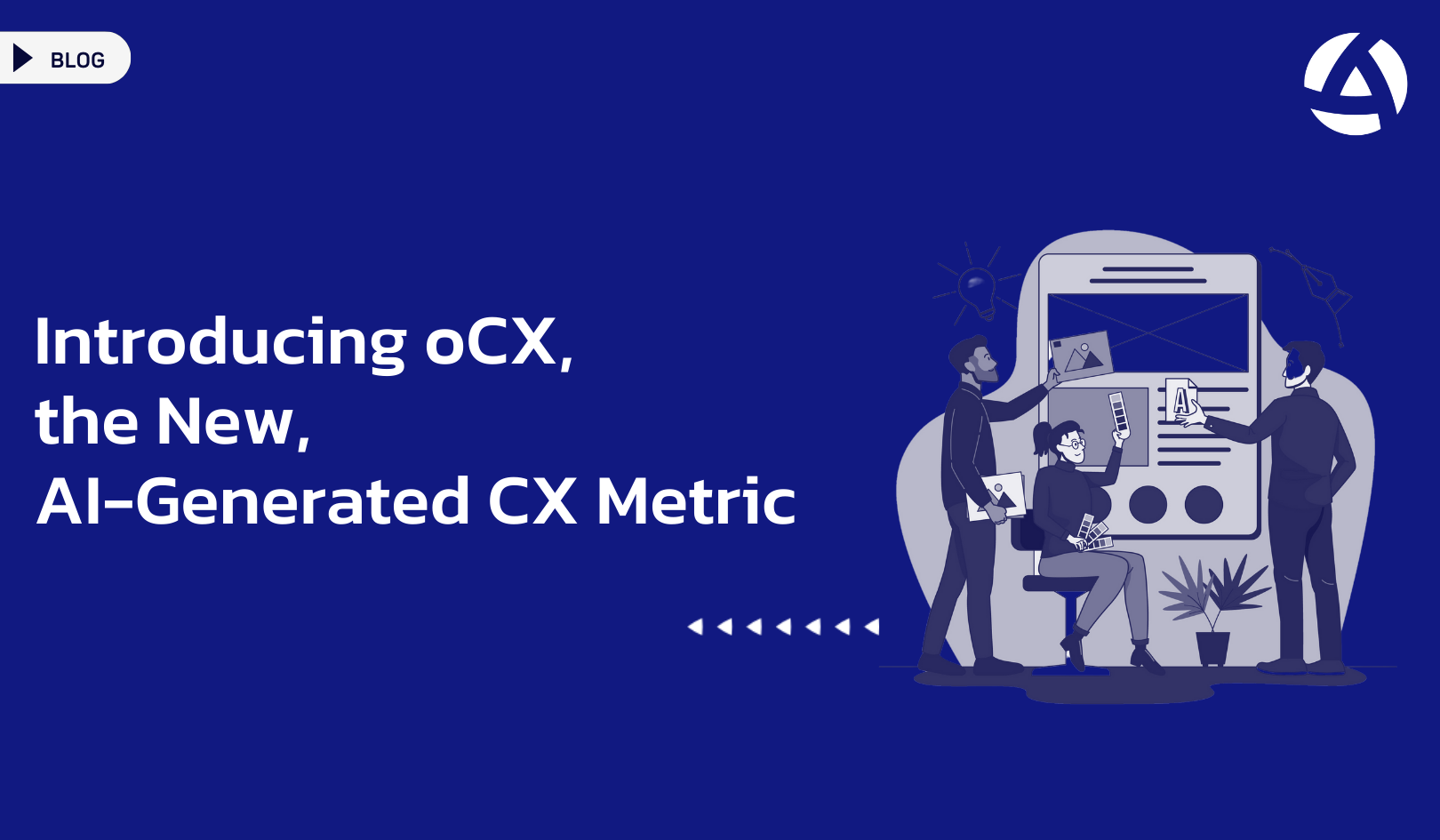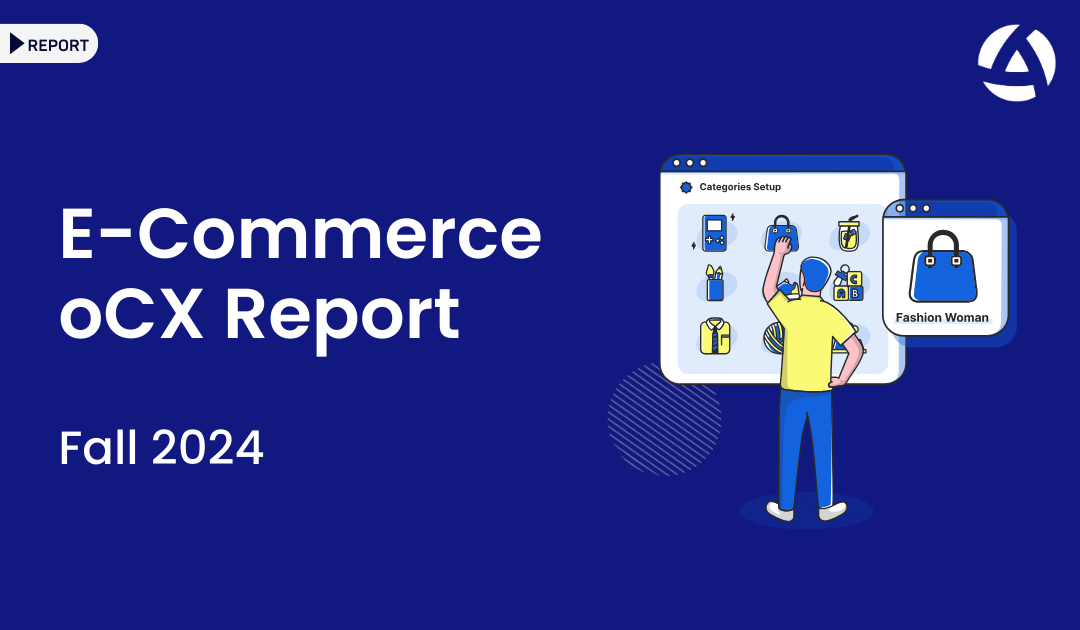Artificial intelligence (AI) is transforming the landscape of customer experience, offering businesses the tools to create more personalized and efficient customer interactions. In 2025, we can expect AI’s role in customer experience to become even more advanced and integrated, reshaping how companies understand, interact with, and serve their customers. Here’s what we can expect from AI in customer experience by 2025.
1. Hyper-Personalization at Scale
AI-driven customer experience is moving beyond general personalization. In 2025, we can expect hyper-personalization to become the standard, where companies can tailor every interaction based on real-time insights about individual preferences and behaviors.
Key benefits of hyper-personalization:
- Improved customer satisfaction through more relevant recommendations
- Increased engagement by delivering content at the right moment
- Higher conversion rates due to precision targeting
2. Automated Customer Support
AI-powered chatbots and virtual assistants are already handling customer inquiries, but in 2025, they will be even more advanced. These AI systems will provide answers and be capable of understanding customer context, tone, and emotion, allowing for a smoother and more human-like support experience.
What to expect in AI-driven customer support:
- Enhanced natural language understanding (NLU)
- Automated solutions for complex queries
- Ability to escalate and collaborate with human agents seamlessly
3. Predictive Insights for Proactive Engagement
AI technology enables companies to anticipate customer needs and preferences based on past behaviors and patterns. By 2025, AI-driven predictive insights will allow businesses to proactively engage with customers before they even realize they need assistance, creating a seamless and anticipatory experience.
Benefits of predictive engagement:
- Reduced customer complaints due to proactive outreach
- Better alignment with customer journey stages
- Increased loyalty through enhanced support and guidance

4. Voice and Emotion Recognition
Voice and emotion recognition technologies are set to play a significant role in AI in customer experience by 2025. These tools allow companies to gauge customer sentiment and respond accordingly, ensuring that interactions are empathetic and effective.
Expected developments in voice and emotion recognition:
- Ability to identify sentiment in real-time
- Improved response adaptation to align with customer emotions
- Seamless integration with other AI-driven customer service tools
5. Self-Service Solutions
AI is increasingly empowering customers to resolve issues on their own. In 2025, we’ll see even more advanced self-service solutions, where AI guides customers through complex tasks or information gathering. This trend allows customers to take control of their journey while also freeing up resources for businesses.
What to look for in AI-driven self-service:
- Easy access to self-service portals and knowledge bases
- Step-by-step guidance from AI assistants
- Simplified processes for common customer issues
6. Data Privacy and Responsible AI Use
With AI becoming integral to customer experience, data privacy will continue to be a top concern. In 2025, companies will prioritize responsible AI practices, focusing on transparency, data protection, and ethical AI usage. This shift will help build trust and maintain customer loyalty.
Steps toward responsible AI use:
- Clear communication about data collection and use
- Compliance with data privacy regulations
- Regular audits to ensure ethical AI practices
Frequently Asked Questions
How does AI improve customer experience?
AI enhances customer experience by enabling personalized interactions, providing 24/7 support, and proactively addressing customer needs. It automates repetitive tasks, allowing customer service teams to focus on complex issues, leading to faster response times and higher customer satisfaction.
Is AI safe for customer data privacy?
Yes, when used responsibly. Companies are increasingly adopting AI with strong data privacy measures in place. Many businesses comply with strict regulations and ensure transparent data use, which builds trust and safeguards customer information.




